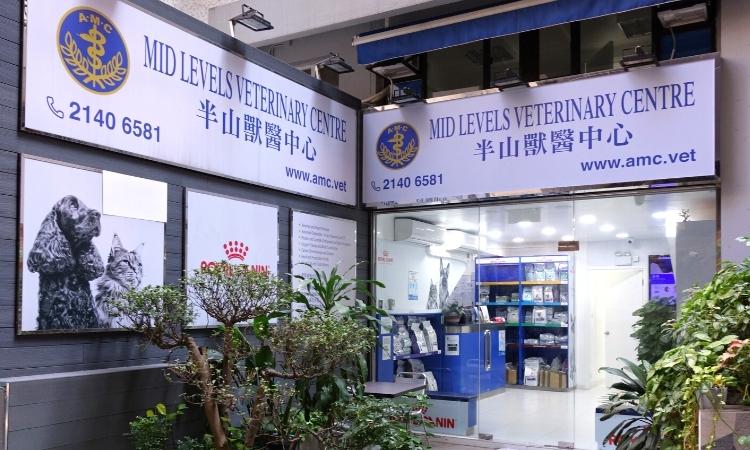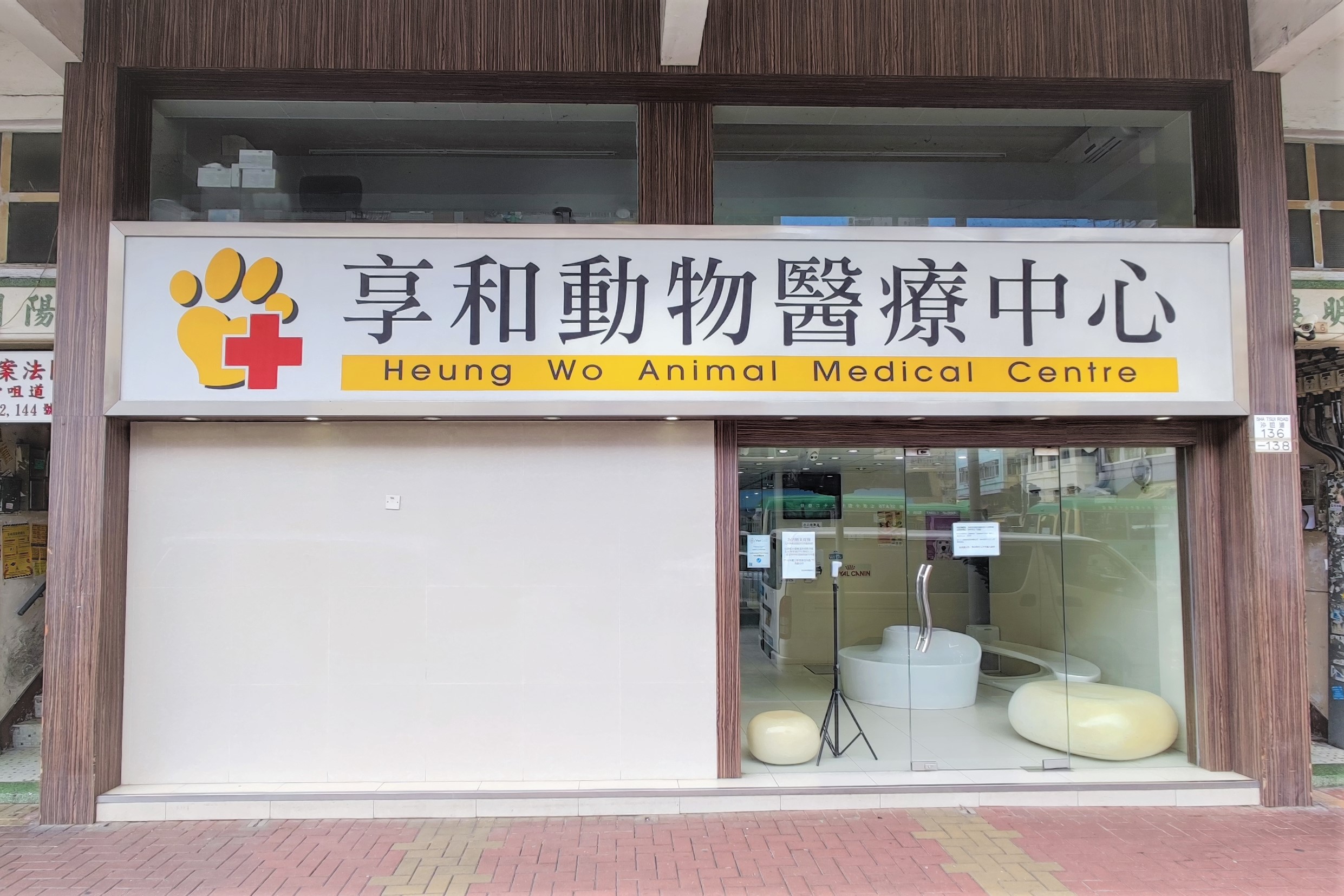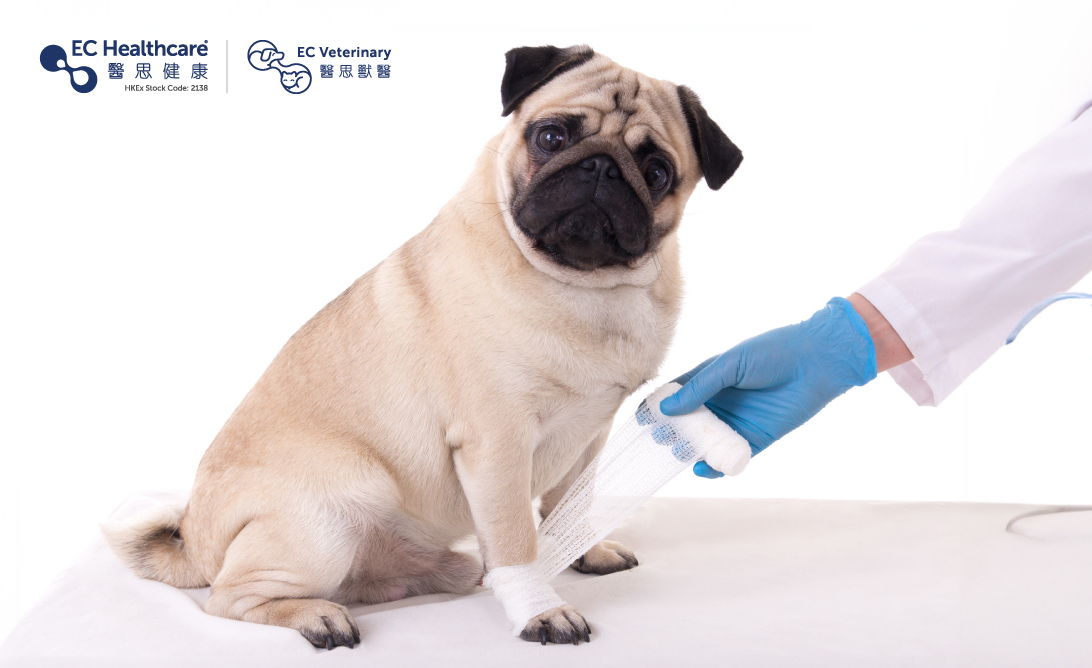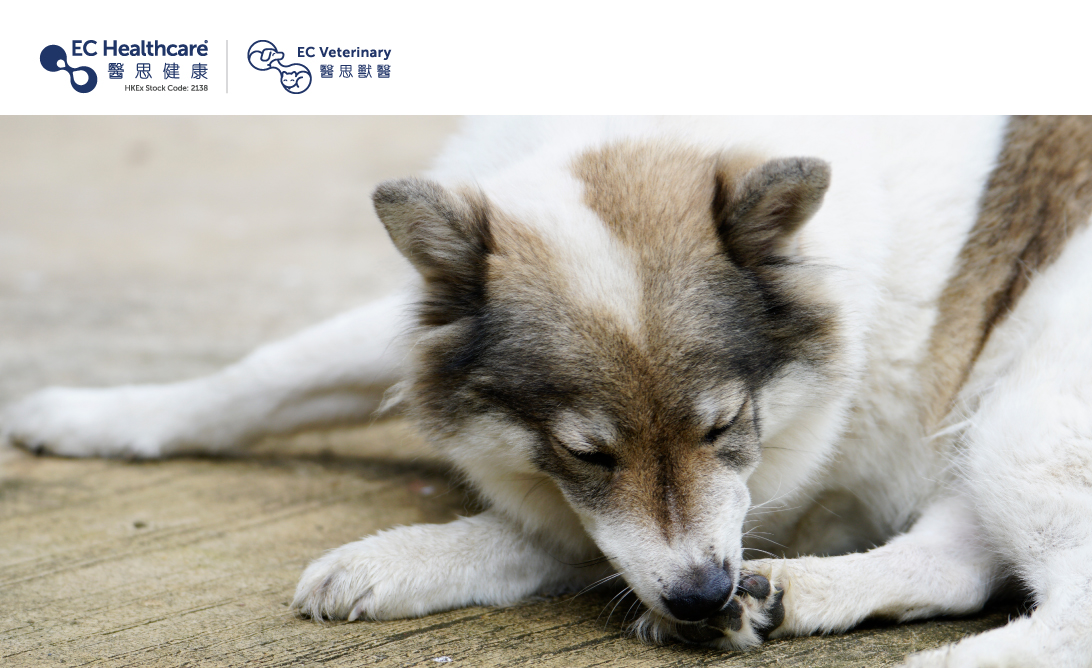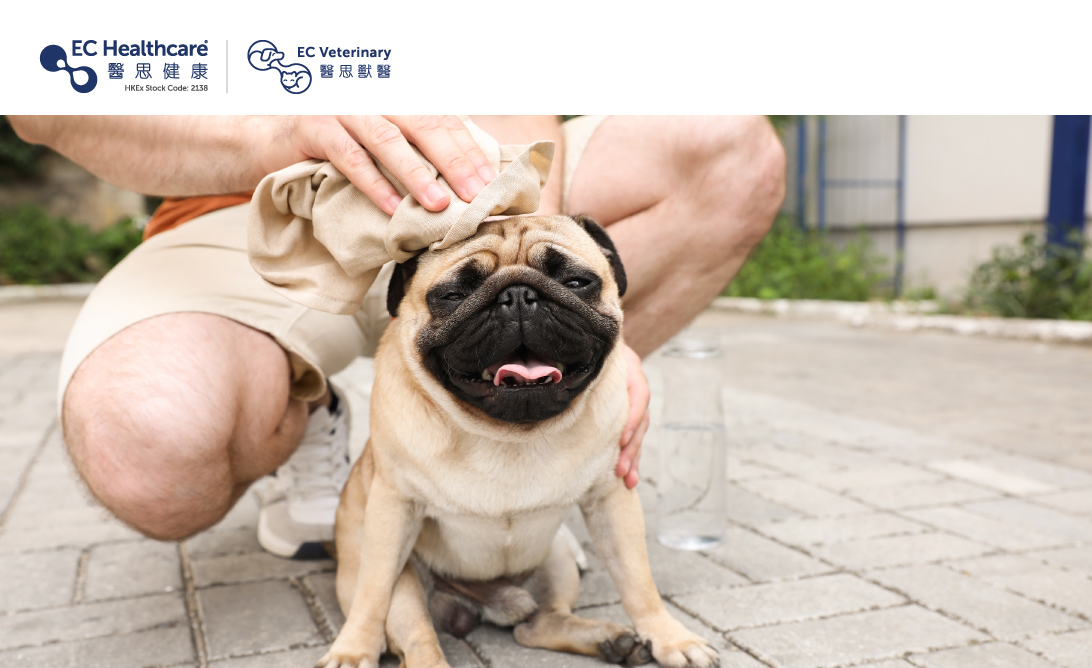Cat Colds: The Consequences Could Be Severe!
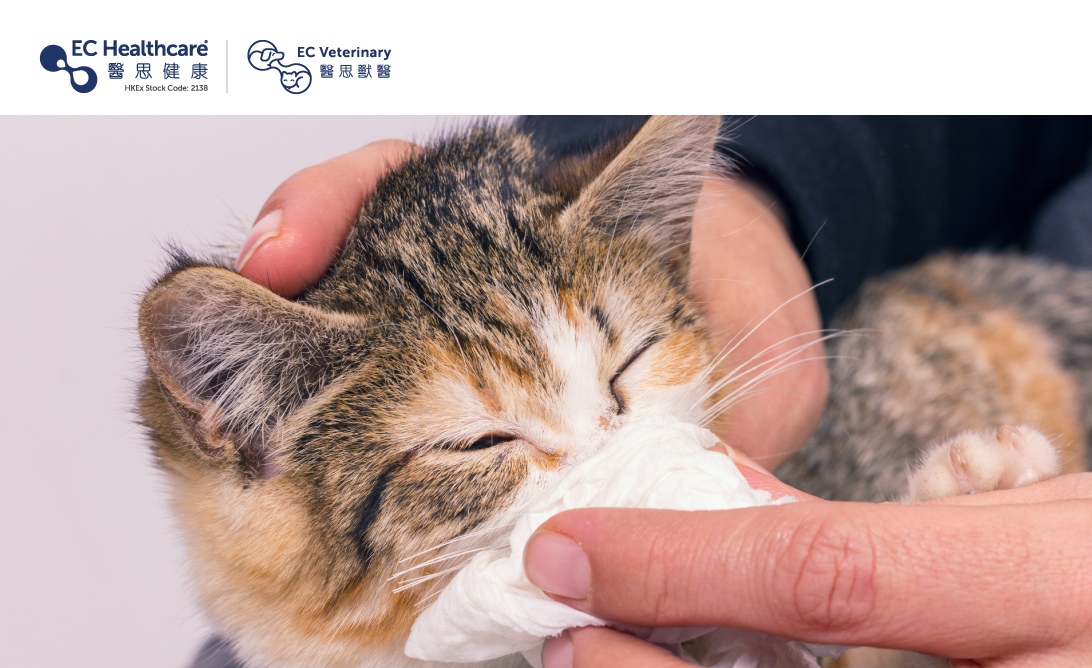

During weather and seasonal changes, cats, like humans, can also get sick and may experience symptoms such as tearing and a runny nose. Some owners may think that their cats are just suffering from a common cold and will recover after resting for a while. However, if the culprit is feline herpesvirus-1, the consequences can be severe if left untreated!

What is feline herpesvirus-1?
Feline herpesvirus-1 (FHV-1) is a DNA virus that causes upper respiratory tract diseases in cats. Research suggests that 80% of cats have been infected with this virus, which shows its highly contagious nature. This virus can be transmitted through droplets, direct contact, or vertically from the mother cat to her kittens.
Symptoms of feline herpesvirus-1 infection?
The symptoms of early-stage feline herpesvirus-1 infection resemble a common cold, but if not properly treated, it can lead to various complications such as rhinitis and keratitis. Therefore, it is necessary to take your cat to the veterinarian!
Early-stage symptoms
- Sneezing
- Tearing
- Swollen eyes
- Loss of appetite
- Lethargy
Late-stage symptoms (causing complications)
- Ulcers in the mouth and tongue
- Keratitis, conjunctivitis, corneal ulcers
- Mild fever
- Rhinitis
- Skin ulcers or lesions on the face
- Dehydration
How to prevent and treat feline herpesvirus 1 infection?
Feline herpesvirus 1 is highly contagious, especially in households with multiple cats. In such cases, infected cats should be isolated and the environment should be thoroughly cleaned. For the treatment of infected cats, veterinarians will generally prescribe antibiotics and may also administer other medications to alleviate specific symptoms, such as using medicated eye drops to treat keratitis. However, it is important to note that even after recovery, the herpesvirus can remain dormant in cats. If cats have weakened immune systems, stress, and inadequate nutrition, the infection may recur.
To prevent feline herpesvirus, the most effective method is vaccination. In Hong Kong, there is no legislation mandating cat vaccinations. However, for the well-being of cats, it is recommended to administer the FVRCP vaccine during the kitten stage to prevent panleukopenia, feline herpesvirus 1, and feline calicivirus.
Subsequently, the second dose should be administered at around 12 weeks of age, followed by the third dose at 16 weeks. Then, annual booster shots should be given to complete the entire vaccination schedule and effectively safeguard the cat's health.



